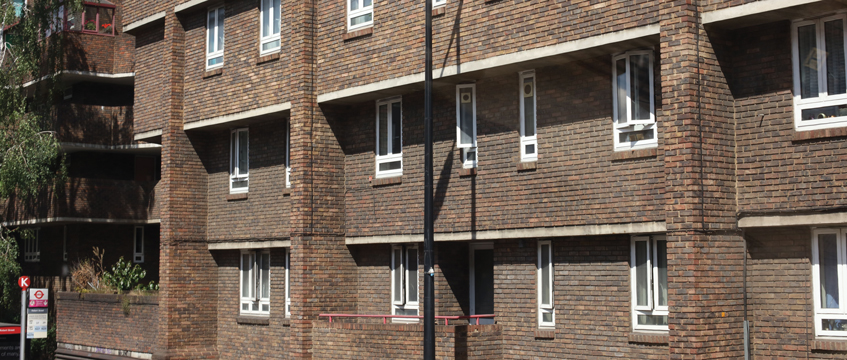Government could unlock an additional £20bn of private capital to deliver 240,000 social homes over the next five years by committing to a 10-year rent settlement, according to evidence submitted to the Ministry of Housing, Communities and Local Government by the British Property Federation.
In its response to the Future Social Housing Rent Policy consultation, which closed on 23 December, the BPF argues that a proposed five-year settlement does not provide the conditions to support the government’s ambition to deliver significantly more social housing as part of its 1.5m new homes target.
Annual social housing construction starts currently sit at 43,400, against need for 145,000 new homes a year. Meanwhile, 1.3m households are on housing waiting lists across the country.
To attract long-term institutional investment to boost supply, the BPF has called for a more ambitious 10-year rent settlement, with rent increases set at the government’s proposed rate of CPI plus 1%.
It says this would offer investors greater income stability, support valuation of existing social housing and increase the impact of government subsidies, which, allied with greater private sector investment, would support the delivery of more affordable homes.
The BPF’s submission also supports a mechanism of “rent convergence”, a policy which allows cheaper rents to rise more quickly to ensure alignment between rents on similar properties.
The BPF reckons that there is at least £20bn of private capital ready to be deployed into UK social housing, if the policy environment is supportive. Assuming investors use 50% debt financing, and an average unit cost of £250,000, 10-year rent settlements could help unlock 240,000 additional units over a five-year period.
Ian Fletcher, policy director at the BPF, said: “Ambitious housing targets require ambitious policy. This government has already made positive steps in committing additional grant funding, with the prospect of more to come, but there is more it can do to shape market sentiment and attract supportive private capital into the sector.”
He added: “Announcements on rent policy send a signal to investors. Ten-year rolling rent settlements would demonstrate a long-term outlook and would have significant benefits, not only in attracting private investment but also raising the valuation of existing homes and therefore increasing the capacity of housing associations to invest.
“A five-year policy would not deliver the same boost, and delivery would continue to be restricted, particularly as providers face challenges around upgrading older stock and meeting building safety requirements.”
Photo by Richard Gardner/Shutterstock
Send feedback to Samantha McClary
Follow Estates Gazette











